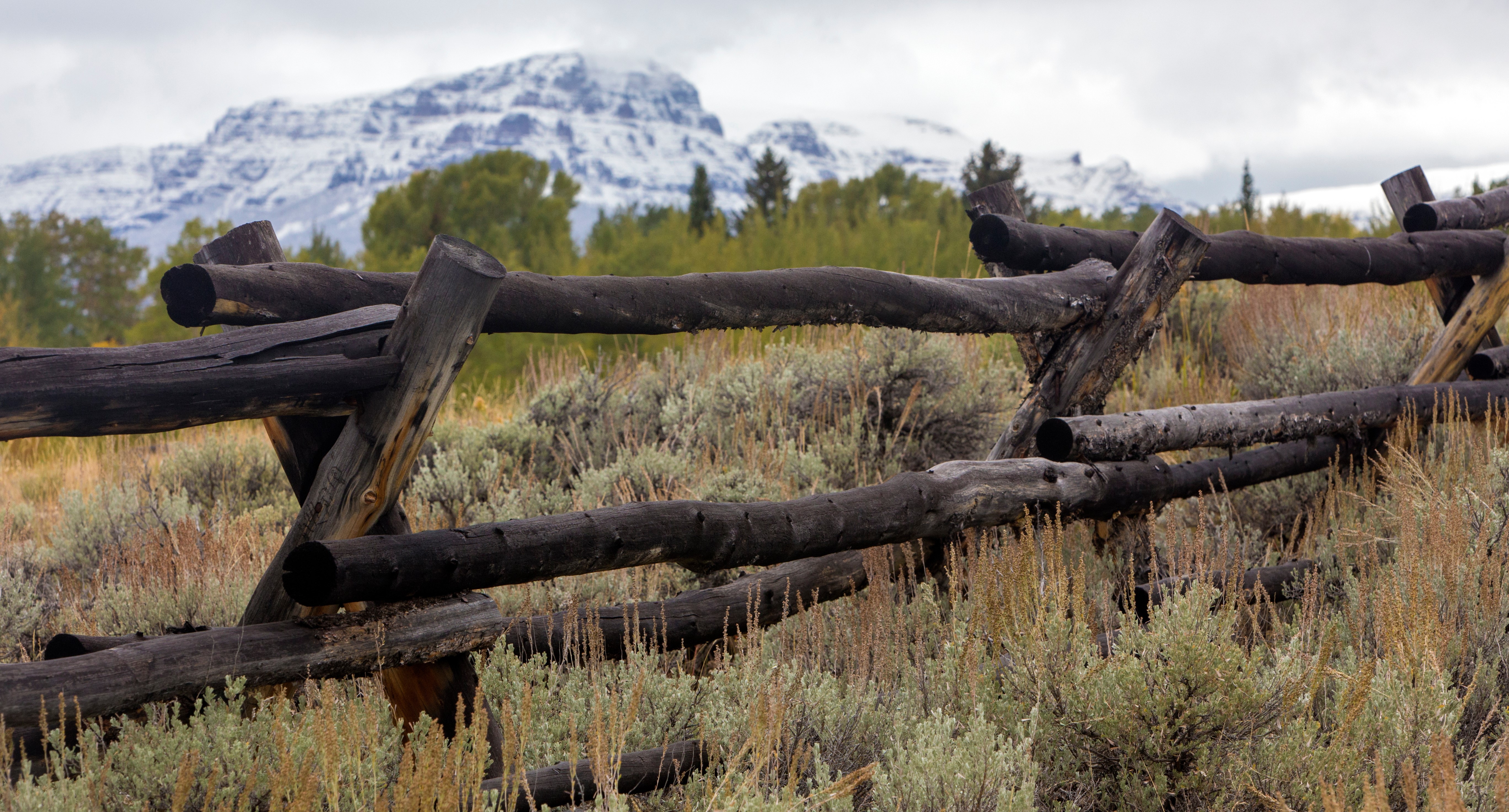The National Environmental Policy Act (NEPA) of 1969 is the law that guides the way federal agencies analyze the environmental impact of decisions prior to implementation of the project. Congress always intended NEPA to be a framework for agency process, but over the last five decades, NEPA has become a tool for advancement of political statements and abused to block projects for political gain.
Every decision on federal lands – from the renewal of grazing permits to the construction of a water trough – is subject to NEPA analysis. While analysis of environmental impacts of a potential project is important, the renewal of a grazing permit with many decades of demonstrated benefits should not take the same amount of time and money as a massive, multi-lane highway interchange.
NEPA has become a political tool to require agencies to consider specific factors in their analysis, rather than an objective process that can be tailored to each agency’s jurisdiction. PLC supported NEPA amendments made in 2019, and supported the codification of the commonsense reforms in the Fiscal Responsibility Act in 2024. PLC opposed the White House Council on Environmental Quality’s 2022 recission of the 2019 rules and the final NEPA rewrite in 2024, as the rule largely ignored Congressional guidance and undermined the need for NEPA to be more targeted, more timely, and more suited to purpose.
PLC Recommendations
Use the simplest process first. Agencies have used more complex NEPA processes in an attempt to insulate themselves from the risk of litigation – without success. Agencies should use the simplest process necessary to ensure federal bureaucracy isn’t the bottleneck for implementation of federal laws.
Consider socioeconomic impact of proposed federal actions – and of federal inaction. NEPA analysis often fails to consider the social and economic impacts of federal actions that have environmental outcomes. For example, if NEPA suggests grazing should be removed from a landscape and ranchers lose access to grazing allotments, NEPA doesn’t analyze the increased fire and invasive species risks associated with that decision.
Improve information-sharing between grazing permittees and agencies to inform NEPA analyses. PLC has active Memoranda of Understanding with the Bureau of Land Management (BLM) and U.S. Forest Service to share range monitoring data across the West. Improved integration of that data into future NEPA analyses will make the analysis more robust and defensible.
